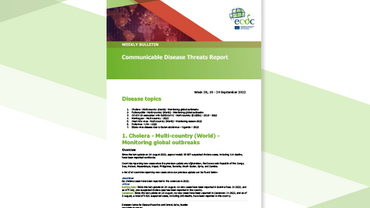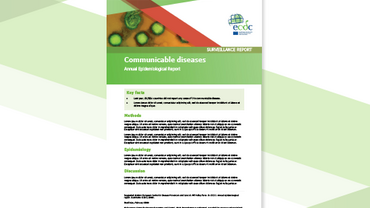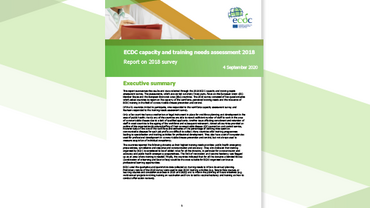Third external quality assurance scheme for Salmonella typing
The third external quality assurance scheme for Salmonella typing, launched in November 2010, assessed whether typing of Salmonella strains by different laboratories within and outside the European Union was carried out uniformly and whether comparable results could be obtained. Twenty-nine EU/EEA and six non-EU/EEA laboratories participated.Results varied in the different areas of testing: 58% of the participating EU/EEA laboratories correctly identified all 20 submitted serovars; approximately 80% of the sample strains were correctly phage-typed by the EU/EEA laboratories; and all but two participating laboratories produced results of 90% accuracy or above in the testing of antimicrobial susceptibility.
Executive summary
ECDC’s external quality assurance (EQA) schemes are designed to evaluate the performance of laboratories, to identify areas for improvement in laboratory diagnostics relevant to disease surveillance and to ensure comparability of results between laboratories in EU/EEA countries.
This EQA was commissioned by ECDC and produced by the Dutch National Institute for Public Health and the Environment (RIVM)/Laboratory for Zoonoses and Environmental Microbiology. 35 laboratories of the Food- and Waterborne Diseases and Zoonoses Network (FWD-Net) participated, 29 of which located in EU/EEA countries.
The main objective of the third EQA scheme was to assess whether typing of Salmonella strains by different laboratories within and outside the European Union was carried out uniformly and whether comparable results could be obtained. Three procedures for typing Salmonella were evaluated: serotyping, phage typing and antimicrobial susceptibility testing (AST).
The results highlight the continuous need for EQA schemes for Salmonella serotyping and the need to develop and implement standard phage typing methodologies, universal AST procedures, and common criteria for the interpretation of antimicrobial susceptibility test results.






